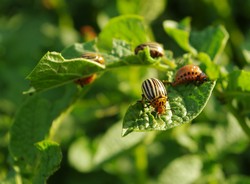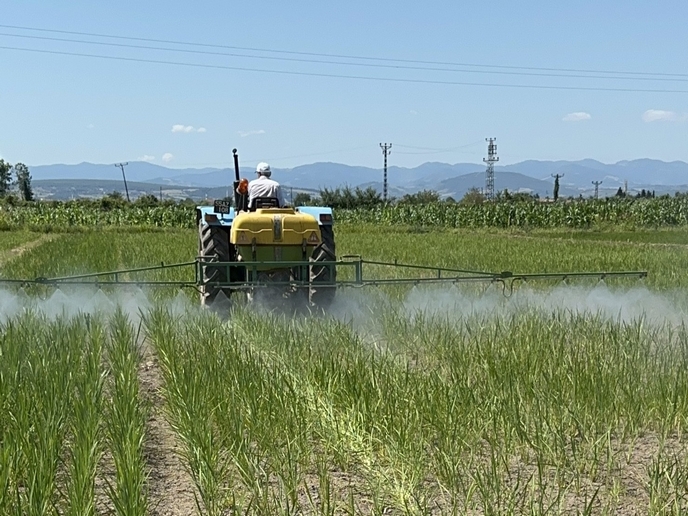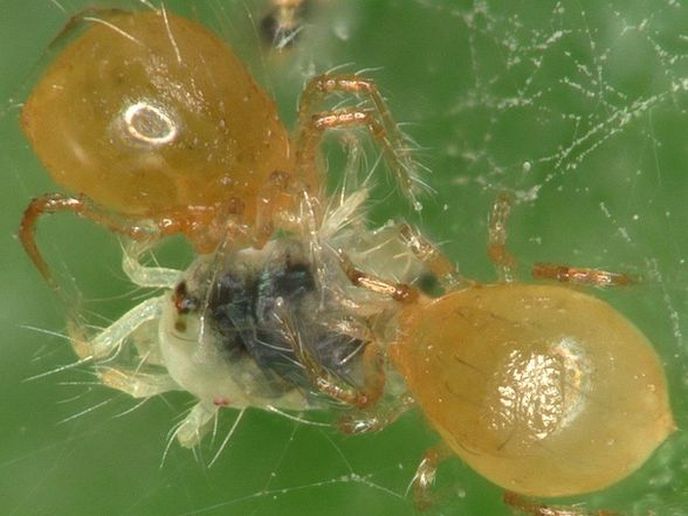EU-wide coordination for a more harmonised approach to pest management
Europe must respond to the mandatory implementation of IPM principles as laid down by its directive on the sustainable use of pesticides. It calls for Member States to develop action plans that include targets, measures and timetables. However, several external and internal challenges pose a serious threat to IPM in Europe. The EU-funded C-IPM(opens in new window) project (Coordinated integrated pest management in Europe) contributed to research defragmentation by coordinating national IPM research and extension efforts and by pooling existing resources. Work began by mapping IPM research needs and gaps across Europe, identification of strengths and weaknesses, and future directions to tackle existing IPM challenges. Researchers identified a list of minor use needs without or insufficient solutions, and identified topics where IPM research is needed and where available IPM tools could be implemented. Project partners gathered and analysed research infrastructures and capacities that can contribute to better coordination of national IPM-related research. The focus was on the networking of long-term field experiments and demonstration farms, as well as on the coordination of pest monitoring systems. Mapping activities, together with thematic workshops on long-term challenges and a series of knowledge sharing workshops, contributed to a strategic research agenda (SRA) for IPM in Europe aimed at promoting coordinated efforts in the area. Targeting researchers, policymakers and all stakeholders involved in the plant protection sector, the SRA outlines short-, medium- and long-term priorities for IPM research. It identifies gaps and enables improved implementation of IPM in Europe. The SRA laid the groundwork for implementation of joint transnational research. In total, 16 projects were funded via two calls. Thanks to C-IPM, Member States will be better positioned to coordinate national research efforts and pool existing resources towards reducing reliance on pesticides and risks related to their use.







